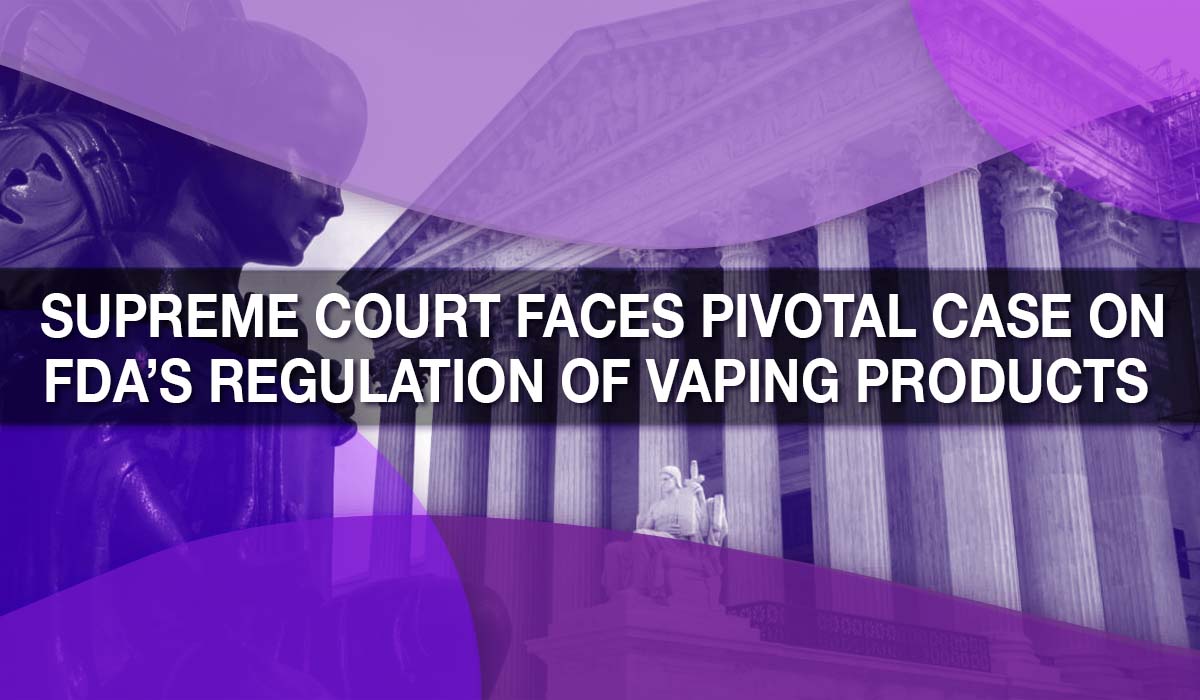
Supreme Court Faces Pivotal Case on FDA’s Regulation of Vaping Products
The Supreme Court recently heard arguments in a landmark case that could significantly impact the vaping industry, consumers, and regulatory oversight. The case pits the U.S. Food and Drug Administration (FDA) against Triton Distribution, a vape manufacturer that claims the FDA's denial of its Premarket Tobacco Applications (PMTAs) was arbitrary and violated administrative law.
Here’s a breakdown of the case, its implications, and what it means for the vaping industry.
The Crux of the Debate
At the heart of the case lies the FDA’s authority under the Tobacco Control Act (TCA), which requires the agency to determine whether new products are “appropriate for the protection of public health.” This vague standard has allowed the FDA broad discretion in assessing PMTAs. Triton and other manufacturers argue that the FDA’s shifting requirements—such as the need for long-term studies and comparisons to tobacco-flavored products—were introduced after applications were submitted, making compliance impossible.
Triton also claimed the FDA ignored critical components of their applications, such as marketing plans designed to prevent youth access. The FDA defended this as a "harmless error" that didn’t affect its overall decision.
Key Moments from Oral Arguments
-
“Fair Notice” and Moving Targets
Several justices, including Clarence Thomas and Samuel Alito, scrutinized whether the FDA provided sufficient guidance to applicants. Justice Thomas likened the FDA's evolving standards to a “moving target,” while Triton’s lawyer, Eric Heyer, argued that the lack of clarity undermined manufacturers' ability to comply.
-
FDA’s Defense
Deputy Solicitor General Curtis Gannon, representing the FDA, countered that while specific studies weren’t explicitly required, strong evidence was necessary to demonstrate public health benefits. The agency maintained that it had been clear about its expectations for PMTAs.
-
Practical Impact on Small Businesses
Triton emphasized the financial burden of resubmitting applications, noting that delays of several years could force small businesses into bankruptcy. Justice Kavanaugh suggested that reapplying might be a straightforward solution, but Heyer pointed out that large corporations like Altria could weather such delays, while smaller companies could not.
-
Justice Kagan’s Remarks on Youth Appeal
Justice Elena Kagan highlighted concerns about flavored vaping products’ appeal to minors, noting that flavors like blueberry are more likely to attract 16-year-olds than 40-year-olds. This comment underscored ongoing fears about youth vaping and its role in FDA regulation.
What’s at Stake?
The Supreme Court’s decision could have far-reaching consequences:
- For Manufacturers: A ruling against the FDA could force the agency to reassess its processes, potentially making it easier for vape companies to gain approval for flavored products.
- For Consumers: The case will determine whether vaping products—widely regarded as harm reduction tools for adult smokers—remain accessible, particularly in non-tobacco flavors.
- For the FDA: A ruling in favor of Triton could limit the FDA’s discretion under the TCA and require clearer guidelines for future PMTAs.
The Larger Picture
The case also highlights broader questions about regulatory oversight. Should the FDA have the latitude to impose standards without clear rulemaking procedures, as required by the Administrative Procedure Act? And how does the Supreme Court’s recent decision to limit deference to administrative agencies impact this case?
Additionally, the outcome could shape how future administration’s approach vaping regulations. With President-elect Donald Trump promising to “save flavored vaping,” a new administration might chart a different course on enforcement and approval processes.
In September, 2024, Trump said he would "save vaping again" as part of a longer Truth Social post where he stated:

Waiting for a Decision
The Supreme Court is expected to rule on this case by June 2024. Until then, the vaping industry and its advocates must navigate an uncertain regulatory landscape. Whatever the outcome, it’s clear this case could reshape the future of vaping in America—for better or worse.
For now, the debate rages on, with the livelihoods of small businesses, the rights of adult consumers, and public health outcomes hanging in the balance.


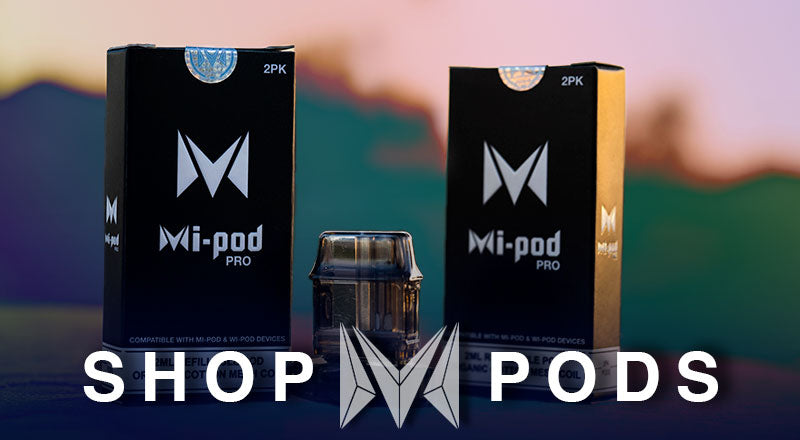
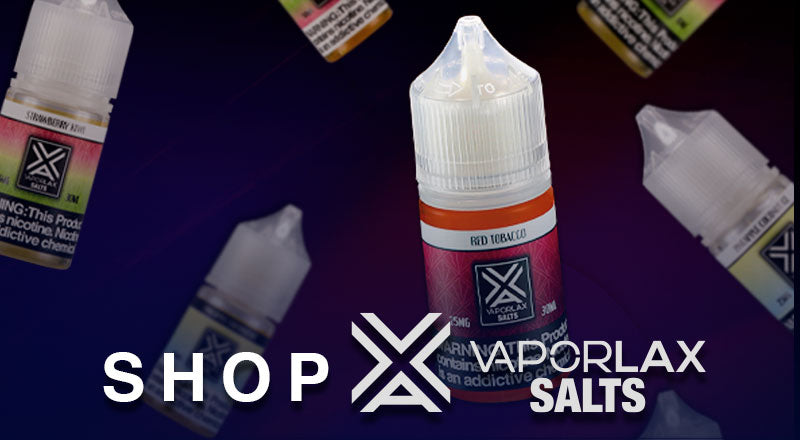
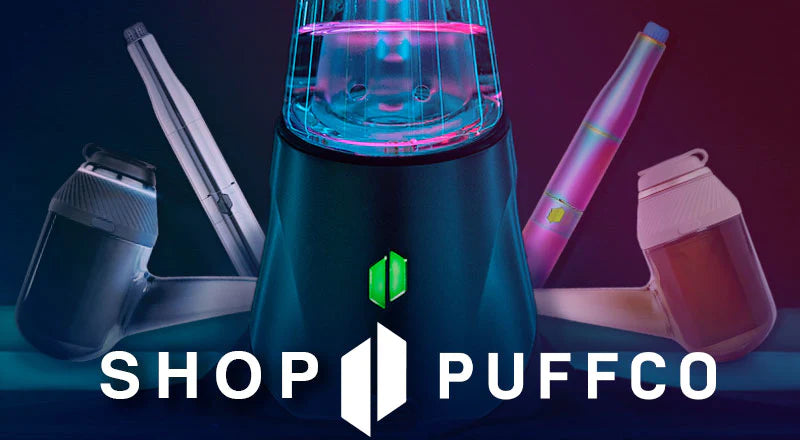
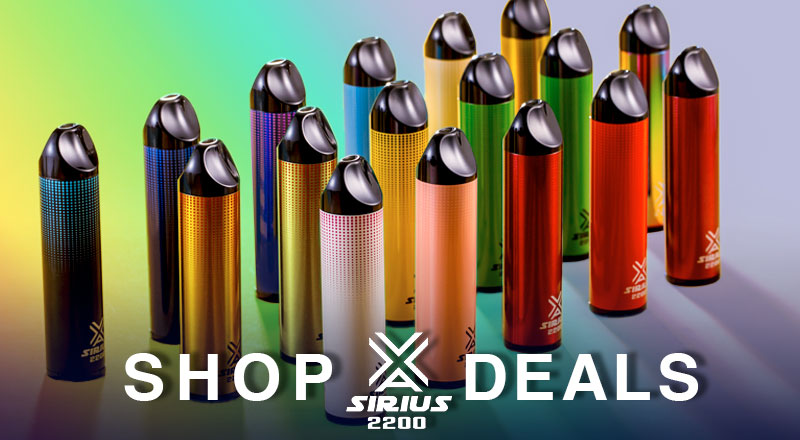
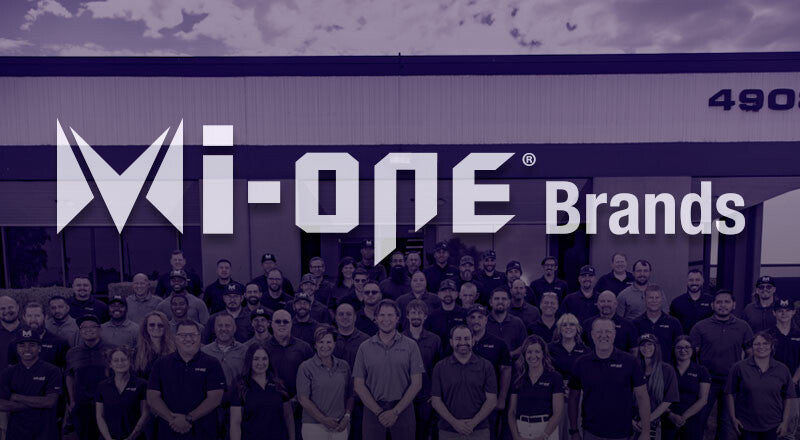
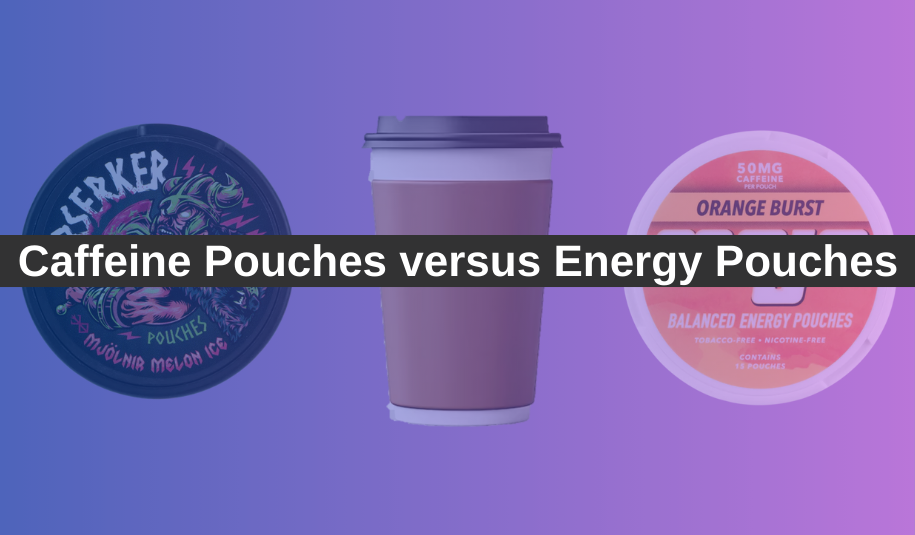
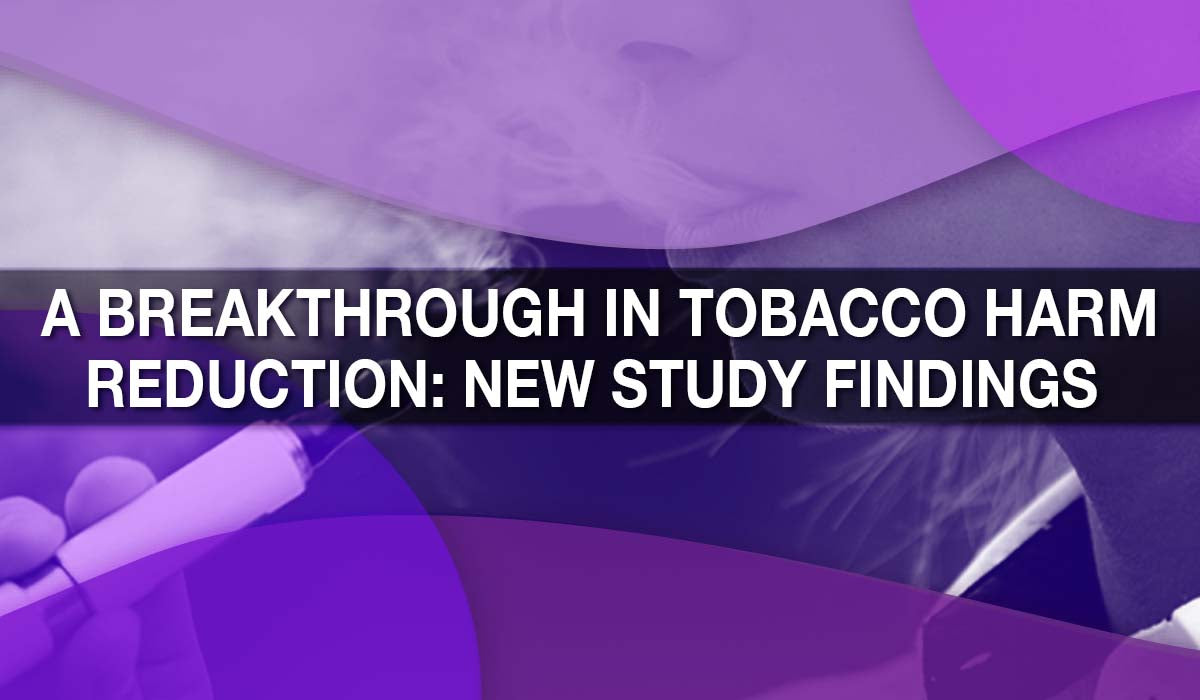
Leave a comment
This site is protected by hCaptcha and the hCaptcha Privacy Policy and Terms of Service apply.